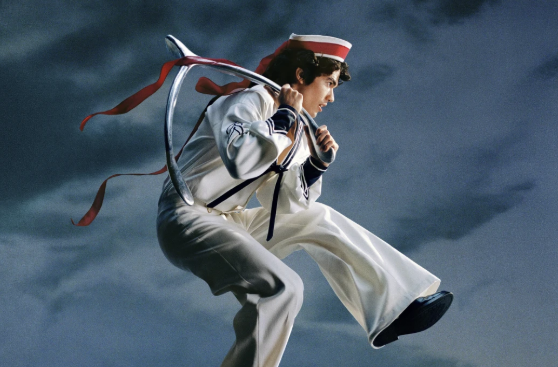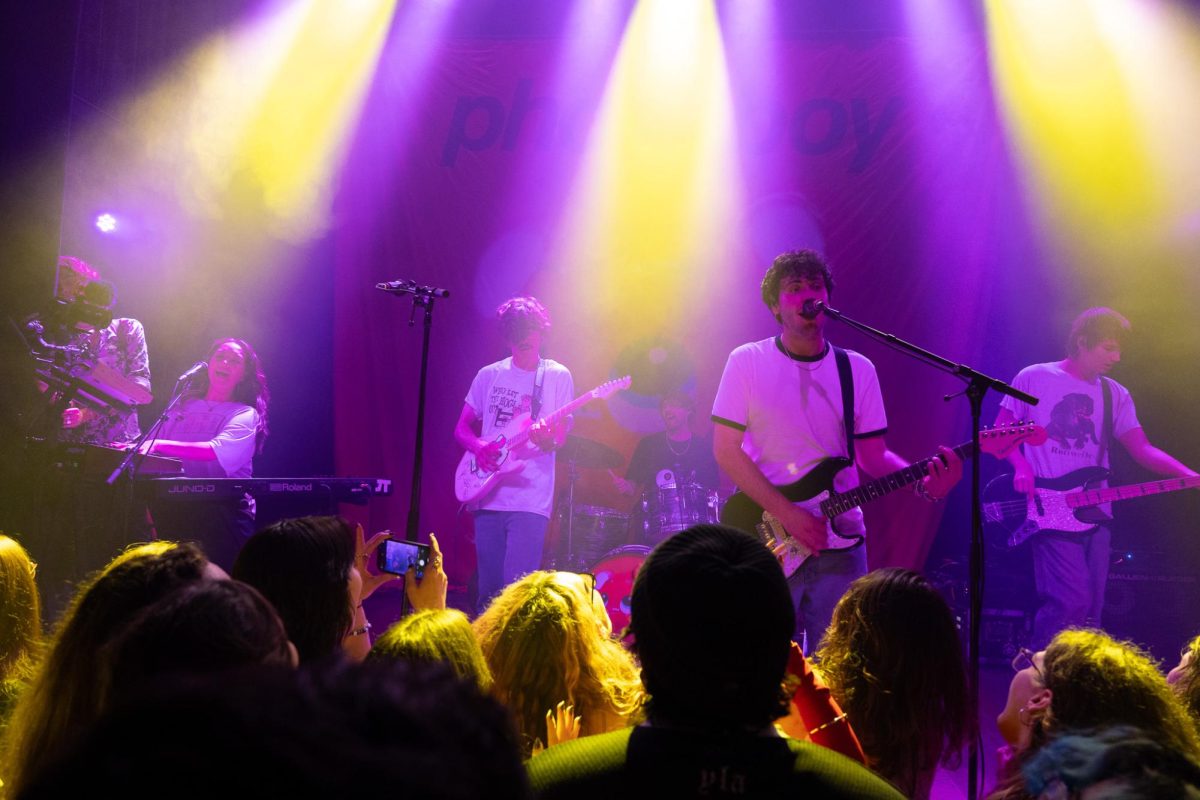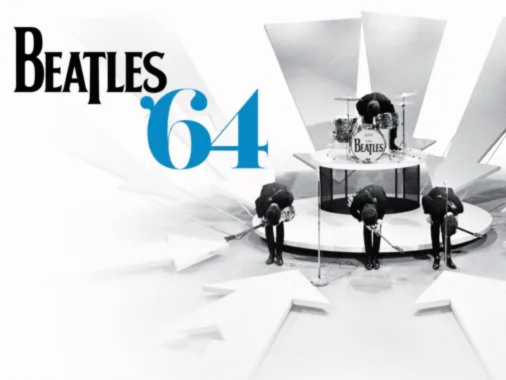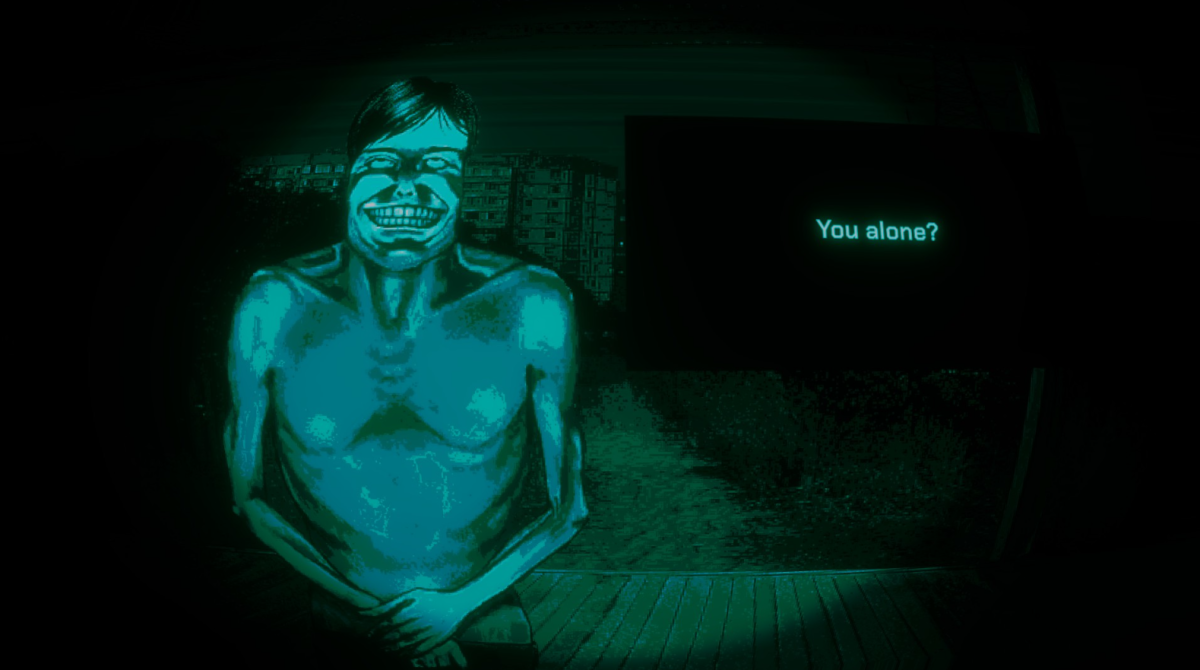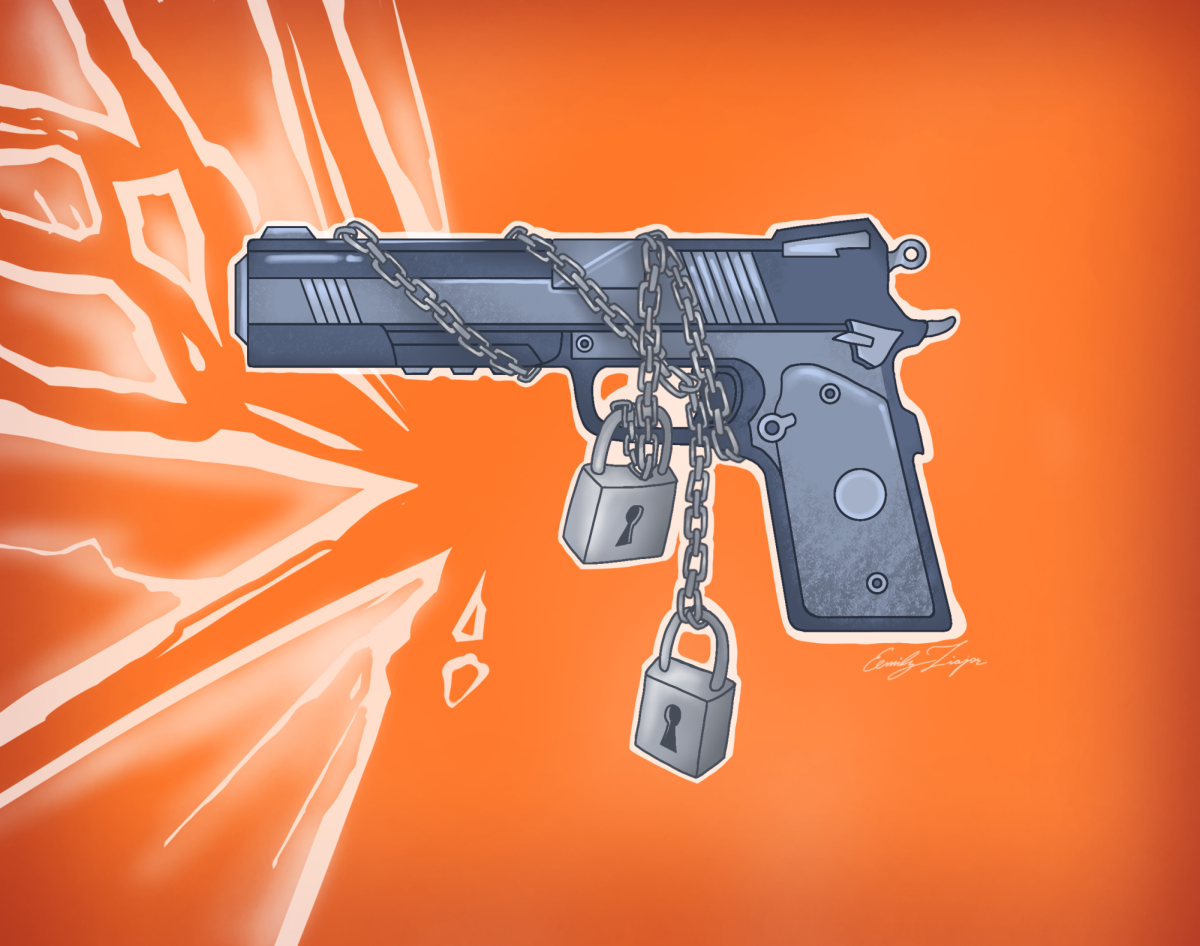When Hozier’s EP release earlier this year, he promised something even grander: a long-awaited third studio album. Fans of the Irish musician were thrilled when “Unreal Unearth” was released on Aug. 18, after a four-year gap from the last studio album. While not everything struck a chord with me, overall the album was worth the wait and deserves a listen.
Hozier as a musical artist is someone who is always pushing the envelope of what music can achieve. This new album is supposed to follow along with Dante’s “Divine Comedy,” in particular with Dante’s construction of the nine circles of hell. While the overarching thematic message is not something I intend to cover– I want to focus on a casual listener’s experience with the album and look at individual songs– it is something essential to how people interact with the album as a whole. Genius.com has a fantastic breakdown of the thematic messages of the album and individual songs, and I would encourage people to take a deep dive.
“De Selby (Part 1)” and “De Selby (Part 2)” are the first two songs on the album and, as the titles suggest, the two songs are interconnected. Thus, it’s only fitting that they are discussed in relation to each other. Both songs are thematically about the same thing– a dissociation from one’s identity– but approach the topic in two very different directions.
“Part 1” is a slow and daunting ballad, and “Part 2” is a faster and bluesier song. Both songs have the trademarked whimsical and poetic lyrics Hozier is associated with, however, I prefer “Part 2” over “Part 1.” While “Part 1” is a gorgeous song, even including a third of the song in Gaelic, there’s a brief musical transition from “Part 1” to “Part 2.” When listening to the album straight through without shuffling, the transition is seamless. However, when listened to separately, “Part 1” has an abrupt ending, leaving the listener wanting more. “Part 2” feels like a complete song with or without “Part 1” and just overall holds up by itself better.
“I, Carrion (Icarian)” is the fifth song on the album, and it’s also my personal favorite. It is the ideal example of two of the main characteristics of Hozier’s music- the reference to classic mythology and religion and heartwrenching love songs.
The song centers around the myth of Icarus, the boy who flew too close to the sun. The song is mainly backed by an acoustic guitar, making the song feel much more intimate than some of the other more musically complex songs on the album. In the bridge, Hozier describes wanting to forsake all his well-being for the sake of his lover, similar to how Icarus lost his life chasing the sun; Hozier goes so far as to incorporate the image of Icarus’s wings in the bridge as he writes: “I do not have wings, love, I never will/Soarin’ over a world you are carryin’/If these heights should bring my fall/Let me be your own/Icarian carrion.” All in all, “I, Carrion” is a painfully romantic song and speaks to the brilliance of Hozier as a songwriter.
“Damage Gets Done (feat. Brandi Carlile)” is the seventh song on the album. Upon first hearing the song, it wasn’t one that stuck out to me in any particular way. It sounded like a pretty typical folk song. However, the more I listened to it, the more it grew on me. Brandi Carlile is an American singer-songwriter, and I think she was a great addition to the song. Carlile brings strength to higher notes Hozier doesn’t always hit, and the depth of her voice mixes great with his.
The backing does leave something to be desired. It’s a pretty typical rock beat and was the reason this song sort of faded into the background for me. I also wish Carlile had more of a feature on the song, rather than the one verse, adlibs and harmonies throughout the song. But overall, it’s a great song to put on the background and have a good time.
“Son of Nyx” is the midpoint of the album, coming in at song No. 9. It is a completely instrumental piece that opens with a piano solo before evolving into a string orchestral piece. It is a pretty far cry from what Hozier typically releases, however, it functions well as the midpoint in the album. Up until this point, the songs have been a little faster and more upbeat. From this point on, however, Hozier changes tactics; after this song we start hearing a bit more of what is conventional Hozier music. Everything is a little slower and more melancholy. While this is not a song I would listen to on repeat, it does function well as a transition point of the album.
“Butchered Tongue” is the twelfth song on the album, and here is where the listeners get an upgraded version of Hozier’s political songs. The song overall talks about losing touch with one’s cultural background in the midst of invasion or cultural erasure. Hozier even references actions taken from the Irish Rebellions of 1798 as he writes, “The ears were chopped from young men if the pitch cap didn’t kill them/They are buried without scalp in the shattered bedrock of our home.” The pitch cap references a particularly brutal execution method used by the British occupiers. The song is haunting but beautiful.
Songs like “Butchered Tongue” are where Hozier’s lyric-writing abilities really shine through, so while the song is not musically complicated– the song itself has piano and string chords playing in the background– the lyrics are reflective and in-depth and makes “Butchered Tongue” stand out among the rest of the album.
However, not every song on the album hit the mark for me.
“All Things End,” which was previously released on the “Eat Your Young” EP last March, came in as the tenth song on the album. The song fell short of expectations set by previous songs, especially since “Son of Nyx” proceeds it.
“Who We Are” and “Anything But” fall into the same category of songs that are catchy and fun to listen to but don’t particularly stand out. But even with these more mediocre songs, Hozier still manages to deliver a decent experience. There was never a time I heard a song and immediately hated it. These songs fall short simply because they prioritize elements of Hozier’s music I am not the biggest fan of.
For better or worse, “Unreal Unearth” is the best example of Hozier’s music. Listeners get samples from every facet of his music, from his masterful lyrics to his complex themes to his catchy melodies. While some songs fare better in my opinion, I do think there is something on this album for everyone to enjoy.
8.5/10




